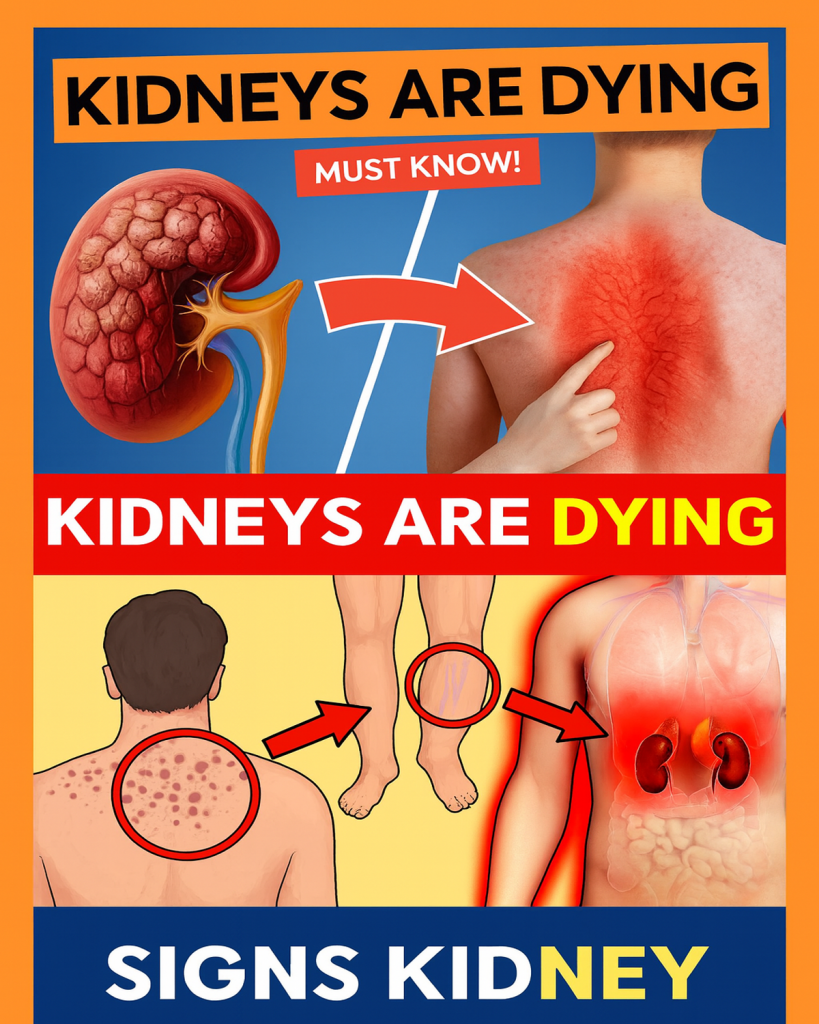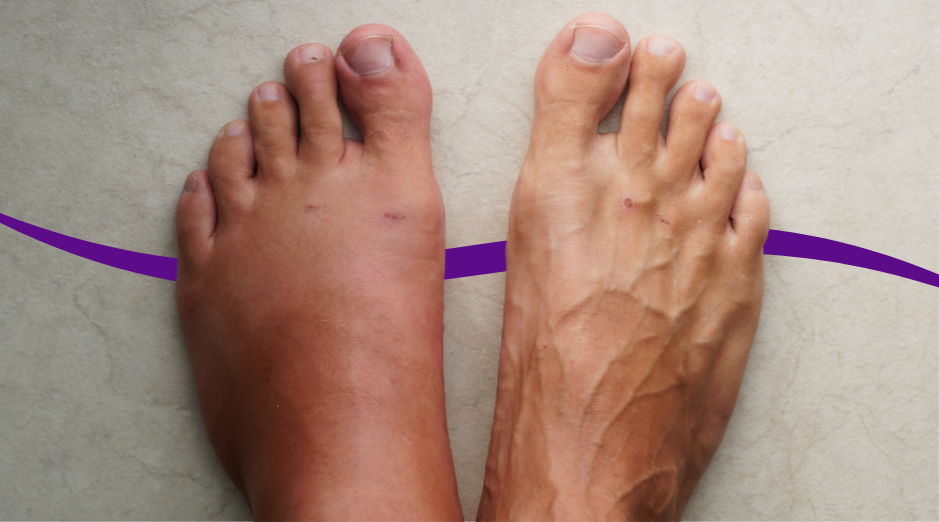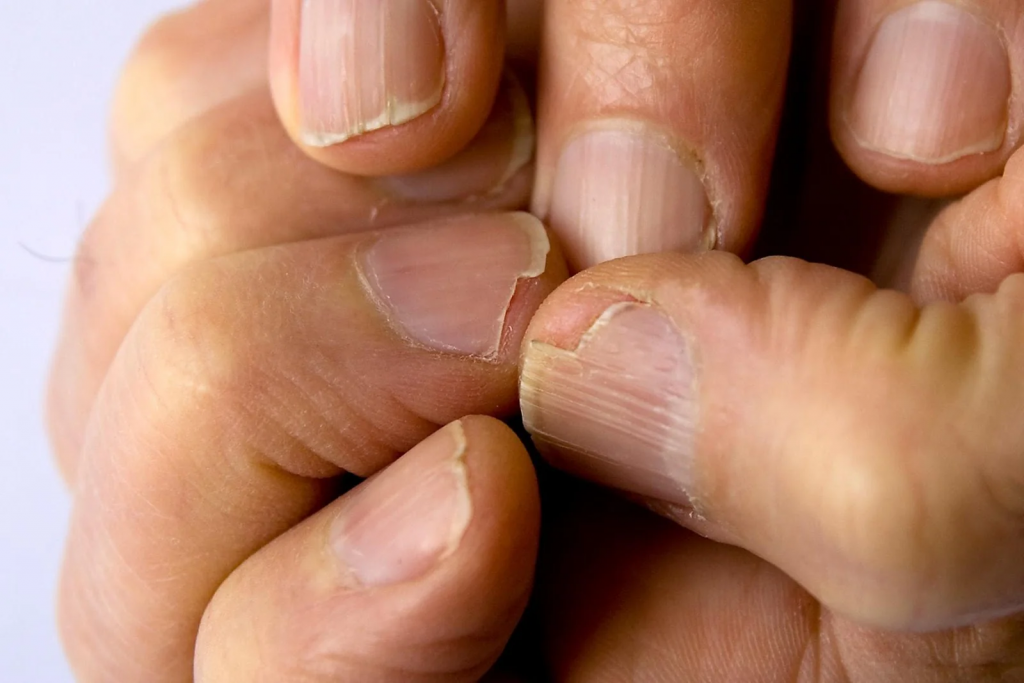Did you know that one in seven adults in the United States is estimated to have chronic kidney disease, but most don’t even realize it? According to the National Kidney Foundation, kidney disease can remain silent for years before obvious symptoms appear. That’s why subtle, often-overlooked signs are so important to recognize early.
The kidneys play a vital role in filtering waste, balancing fluids, and supporting overall health. But when they start to fail, the signs may not be what you expect. Instead of dramatic pain or sudden illness, the body often sends quiet signals—some so unusual that most people dismiss them.
This article reveals 23 weird signs of kidney disease that you might miss. From unexpected skin changes to subtle shifts in appetite, we’ll explore how your body may be warning you about kidney stress. By understanding these signs, you’ll be better equipped to take preventive steps, seek medical guidance sooner, and protect your long-term health.

Why Early Detection Matters
Kidney disease is often called a “silent epidemic.” Because symptoms don’t always appear until advanced stages, many people miss the window for early intervention. Recognizing unusual signals is crucial, since lifestyle adjustments and treatment can often slow progression and improve outcomes.
23 Weird Signs of Kidney Disease
1. Persistent Metallic Taste
Food may suddenly taste metallic or bitter, often linked to waste buildup in the blood.
2. Ammonia-Like Breath
When toxins accumulate, breath may develop a strong, ammonia-like odor.

3. Unexplained Itchy Skin
Dry, itchy skin without a clear cause can indicate imbalances in mineral levels related to kidney function.
4. Puffy Eyes in the Morning
Excess protein leaking into urine may show up as swelling around the eyes.
5. Foamy Urine
Unusually bubbly urine is another sign of protein loss.
6. Frequent Nighttime Urination
The need to urinate often at night (nocturia) can signal declining kidney function.
7. Swollen Ankles and Feet
Fluid retention may show up as swelling in the lower legs.

8. Persistent Fatigue
Kidneys help produce erythropoietin, a hormone tied to red blood cell production. Poor function can lead to anemia and fatigue.
9. Sudden Back or Side Discomfort
Though kidney disease is often painless, some people notice dull discomfort in the lower back or flanks.
10. Unexpected Weight Loss
Loss of appetite and nausea can occur as waste builds up.
11. Restless Legs at Night
Mineral imbalances can contribute to restless leg syndrome.

12. Shortness of Breath
Excess fluid in the lungs or anemia linked to kidney disease may cause breathlessness.
13. Difficulty Concentrating
“Brain fog” or poor focus can result from toxin buildup in the blood.
14. Cold Intolerance
Feeling unusually cold, even in warm environments, may link to anemia from poor kidney function.
15. Changes in Skin Color
Some people notice a sallow or yellowish tint to their skin.
16. Brittle Nails
Ridges or unusual color changes in nails can sometimes signal kidney stress.

17. Muscle Cramps
Electrolyte imbalances caused by kidney dysfunction can lead to frequent cramping.
18. Persistent Hiccups
Though rare, waste buildup may trigger ongoing hiccups.
19. Swelling in the Hands
Like ankle swelling, excess fluid may also appear in the fingers and hands.
20. Nausea or Vomiting Without Explanation
Digestive upset may be linked to toxin accumulation.
21. Reduced Urine Output
While some people urinate more, others may notice a sudden drop in urine volume.
22. Pale or Swollen Gums
Oral changes, including gum issues, can occasionally point to kidney-related imbalances.
23. Mood Swings or Irritability
When toxins affect the nervous system, mood shifts may become more noticeable.

Practical Steps for Kidney Health
| Step | Why It Helps |
|---|---|
| Stay Hydrated | Water helps kidneys flush toxins |
| Limit Salt Intake | Reduces fluid retention and blood pressure stress |
| Eat Balanced Foods | Fruits, vegetables, and lean proteins support kidney function |
| Manage Blood Sugar | Diabetes is a leading cause of kidney disease |
| Monitor Blood Pressure | High blood pressure damages kidneys over time |
| Get Regular Screenings | Simple blood and urine tests detect early issues |
Everyday Example
Consider Sarah, a 45-year-old teacher. She ignored her persistent fatigue and itchy skin, blaming stress. After a routine check-up, she learned she had early-stage kidney disease. Because she caught it early, simple changes—like reducing salt, staying hydrated, and managing blood pressure—helped stabilize her condition. This highlights the importance of not dismissing unusual symptoms.
Conclusion
Are these signs proof of kidney disease?
Not necessarily. Many overlap with other conditions, which is why medical evaluation is essential.
When should I see a doctor?
If you notice several of these signs together, or if they persist, seek medical advice promptly.
Can lifestyle changes really make a difference?
Yes. Diet, hydration, and regular monitoring play a huge role in kidney health.
Disclaimer: This article is for informational purposes only. It does not replace medical advice. Always consult a qualified healthcare professional for diagnosis and treatment.




